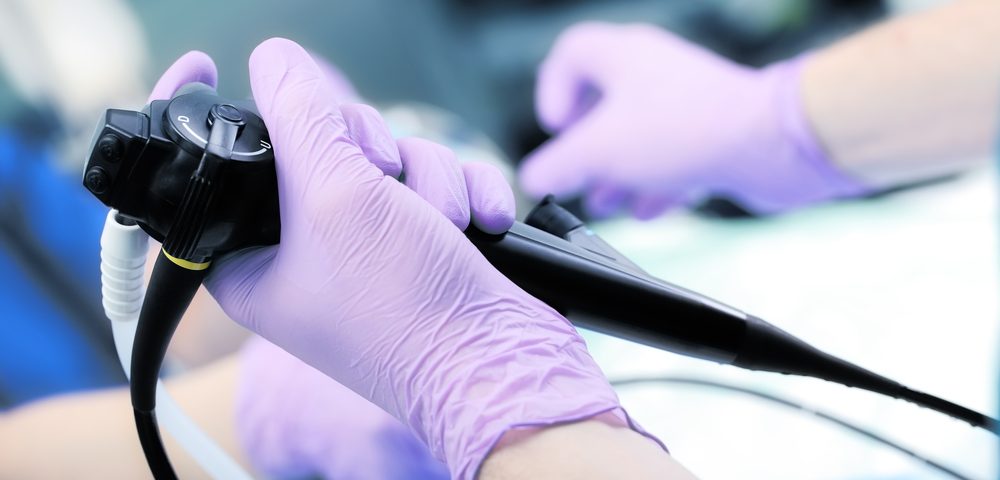GI Dynamics, of Lexington, Massachusetts, and Sydney, Australia, recently announced the results of clinical studies with their lead therapy, EndoBarrier for obesity and type 2 diabetes. Researchers presented results of the studies during the annual meeting of the American Gastroenterological Association at Digestive Disease Week 2016 in San Diego, California.
In the first study, “Endoscopic treatment of obesity with a duodenal-jejunal bypass sleeve: Does impairment of fat absorption explain weight loss?” Gerald Holtmann, M.D., Ph.D., from the School of Medicine, University of Queensland in Australia showed that obese type 2 diabetes patients, after 34 weeks with the implant, had a median weight loss of 18.2 kg (corresponding to 15.5 percent total body weight loss). The weight loss, researchers noted, was not the result of fat malabsorption.
In a second study, “Endoscopic proximal intestinal exclusion can improve non-alcoholic fatty liver disease (NAFLD) in patients with diabesity,” Bu Hayee, Ph.D., from King’s College Hospital NHS Foundation Trust in London investigated the impact of EndoBarrier therapy on non-alcoholic fatty liver disease (NAFLD).
The study was performed both with and without a medicine, the GLP-1 receptor agonist liraglutide, which acts by lowering blood sugar levels. In total, 70 patients with uncontrolled type 2 diabetes and obesity (who took 1.2 mg of liraglutide daily) were randomly assigned to three treatments – EndoBarrier therapy plus liraglutide (1.2 mg); EndoBarrier therapy only; and liraglutide treatment alone but with an increased dose of 1.8 mg daily.
Researchers observed that patients in the EndoBarrier therapy groups showed significant decrease in NAFLD fibrosis score, but there was no decrease in the group that took liraglutide alone. Patients in the EndoBarrier therapy group who underwent MRI four months post-EndoBarrier removal showed an 80.5 percent reduction in hepatic fat.
The results suggested that EndoBarrier therapy is a potential future treatment for patients with NAFLD.
Scott Schorer, president and CEO of GI Dynamics, said in a press release he was pleased that EndoBarrier therapy was well represented at Digestive Disease Week this year.
“These studies add to the body of clinical evidence supporting the safety and efficacy of EndoBarrier therapy for treating obese type 2 diabetes,” Schorer said. He added that in addition, the studies “advance our understanding of EndoBarrier therapy’s mechanism of action and its effect on NAFLD.”
He also thanked Hayee and Holtmann, along with their colleagues, for their contribution to the science of EndoBarrier therapy.


